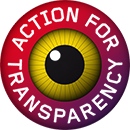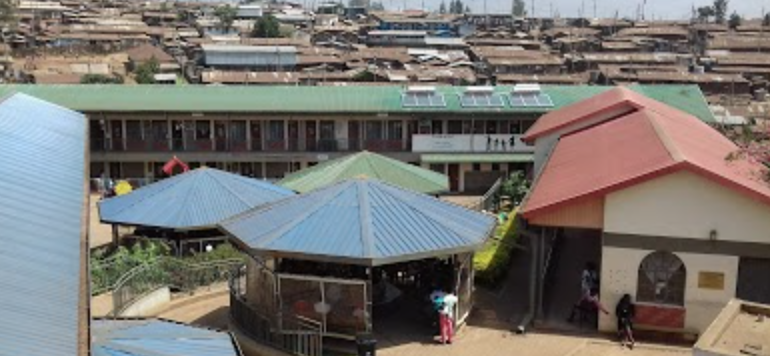On the 16th day of May 2015, the residents of Embakasi Constituency, Nairobi, welcomed Pawa Initiative along with its partners, Fojo Media Institute, and Transparency International Kenya (TIK), to Kariobangi North Social Grounds for the launch of the Action for Transparency (A4T) project. The launch was the culmination of about 2 months of preliminary activities, which, among other things, involved the set-up of the Kenya A4T office in Kariobangi North and a number of outreach visits to neighbourhoods in Embakasi. Guests in attendance were the Uganda & Zambia A4T delegation and Swedish Embassy representatives together with the Swedish Ambassador, Johan Borgstam, who was the guest of honour.

The Action for Transparency (A4T) project is a social accountability project in public health and education making its debut in Kenya after a 3 year run in Uganda and Zambia. The project commenced in Kenya in March 2015 during which the A4T team began outreach visits in a number of neighbourhoods in Embakasi; Kwa Mola (Molem), Dandora, Kware, Karsan, Kariobangi North and South. These outreach visits were done in order to map the social resources in the area as well as scout for creative potential in the area.
The project seeks to engage the residents to hold themselves and their government accountable to the delivery of services in the areas of public health and education.
Three primary approaches would be employed by the project to facilitate this; the use of mobile phone tools such as a smart phone app that maps out resources in these 2 key sectors of public services in a way that allows any user to obtain the relevant information and report anonymously as well when need be. Coupled with this would be an SMS short-code and toll free line easily accessible to those who own basic feature phones. Lastly, on the technical front, would be the online platforms – a website and social media connections – where the community can further engage in open discussions, information sharing, and reporting that is pertinent to the project objectives.

The tools for reporting would then be made accessible to residents of Embakasi through a series of trainings, which form the second facet of the project. Residents will also be trained on how to escalate corruption related issues from the grassroots to relevant authorities and various forms of community organizing and action, calling for the provision of the very same services in public health and education.
The last facet of the project would involve public awareness campaigns on social accountability, more specifically, galvanizing the work of creatives in the area who use their work to address social issues. This will be done in collaboration with existing groups and individuals involved in similar work facilitated through a grants program.
Given the very visual nature of the project, Pawa Initiative was enlisted as a partner having its core strength in creative work evidenced by the fiery launch that had many artists performing in between the programmed speeches. Among others, artist who performed were Octave Band, Sirikal, Daniel Onyango, Japolo, Kpack & Eidala with the last performance being graciously executed by the popular SARABI band whose drum beats reversed the rain back to the sky. A live graffiti installation also run concurrently in the background as the event went on again reemphasizing the very important role of art in social change work. The effects of the launch were immediate with many in attendance asking when the app for reporting would be ready and others asking how they could get involved.

The launch was the beginning of a relationship between the people of Embakasi and the A4T team that would lead to harmonized service delivery from the government to its people. Nothing summed up the event more than the words from the Swedish Ambassador, who, during his speech, reminded the residents of the area to hold themselves and the A4T team accountable as much as they hoped to hold the government accountable. Governments, afterall, are the people.


